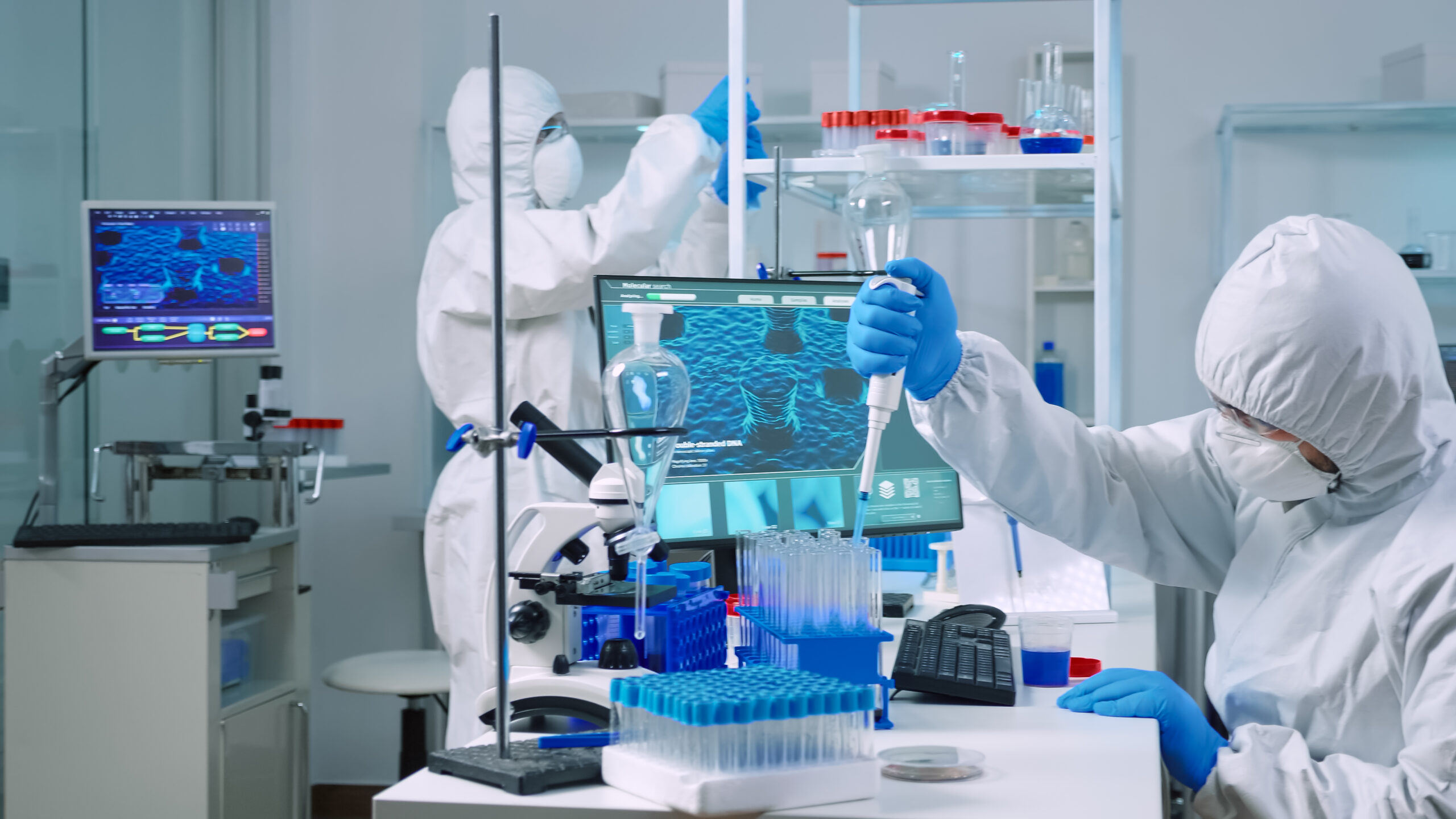
Artificial Intelligence (AI) is being increasingly used in the pharmaceutical industry to develop new drugs. By analysing large amounts of data, AI can help identify compounds most likely to become successful treatments, significantly speeding up the drug development process.
The power of AI is now being focused on the growing medical threat from antimicrobial resistance (AMR) infections, with the UK announcing that it has committed £45 million to a major AI-driven initiative to develop new antibiotics and other treatments for infections caused by microorganisms that have developed resistance to standard treatments. Led by the pharmaceutical company GSK and the Fleming Initiative at Imperial College London, the project will focus on common infections that cannot easily be treated with standard medications.
AMRs occur when microorganisms (bacteria, viruses and fungi) evolve to resist the drugs that are used to treat them, such as antibiotics (for bacterial infections, referred to as antibiotic resistance). Drug resistance means that some infections that were once treatable become very difficult to treat and can even become deadly; some bacteria no longer respond to standard antibiotics making conditions like pneumonia, urinary tract infections and post-surgical infections a serious medical concern. For many years now, cases of multidrug-resistant Staphylococcus aureus (MRSA), have been an issue within hospitals, and are a leading cause of hospital-acquired infections.
The World Health Organisation has declared AMR a rising global health emergency and predicts that AMR will cause 8.2 million deaths annually by 2050, up from 4.71 million in 2021. In the UK alone over 35,000 deaths per year are linked to AMR. The rise in AMR is linked to the overuse of antibiotics, patients not completing their antibiotic course and poor infection control within healthcare settings, meaning resistant microorganisms can spread within the hospital setting and wider community.
Yet despite the growing threat, very few new antibiotics are being developed, and pharmaceutical companies have reduced investment and research due to the low profitability of making drugs in this area compared to more lucrative therapeutic areas such as cardiovascular disease and diabetes.
To support research into new treatments for AMR the UK is responding with a coordinated national strategy, including £85 million in government funding for AMR research, combined with £45 million from GSK for AI-driven drug discovery with the Fleming Initiative – Global leadership in piloting subscription models for antibiotic development.
As part of the initiative six new research programmes will launch in early 2026, targeting drug-resistant infections using advanced AI and super computing.
One group of bacteria that will be targeted is Gram-negative bacteria, that includes E. coli and Klebsiella pneumoniae. Gram-negative bacteria are difficult to treat due to their cell structure, they have an outer membrane that acts as a protective barrier controlling what comes in and out of the cell, they can block antibiotics from entering and can also pump out any antibiotics that do enter, meaning they cannot accumulate to a dosage that can be effective.
To develop new treatments the research teams will perform experiments using molecules with different chemical structures and record what can get inside and stay inside these bacteria. This data will then be used by the AI, so it can learn what compounds are successful in entering the bacteria, which can then be used to help select and develop compounds that will be able to enter and persist inside a Gram-negative bacterium. The hope is that this will convert years’ worth of research into a strategy that will help scientists quickly identify the chemical structure that is needed and modify potential antibiotics to bypass the bacteria’s defences.
The AI will also be fed data to help predict and map where AMRs is occurring and likely to spread to help manage and stay on top of outbreaks.
The project is also looking beyond bacteria to use AI to tackle the rise of deadly fungal infections, starting with Aspergillus mould. The spores of this fungus are usually harmless, but they can become deadly in people with weakened immune systems.
Other research groups across the globe are also using AI to develop much needed new treatments for infectious diseases. Once hailed as a miracle treatment, antibiotics have prevented millions of deaths over the last century, but the rise of antibiotic resistance has meant that many once treatable diseases are again becoming deadly.
New drugs are badly needed; it is hoped that AI can help speed up the process and cut down on the costs by selecting compounds that are most likely to be successful early in the drug development pipeline.